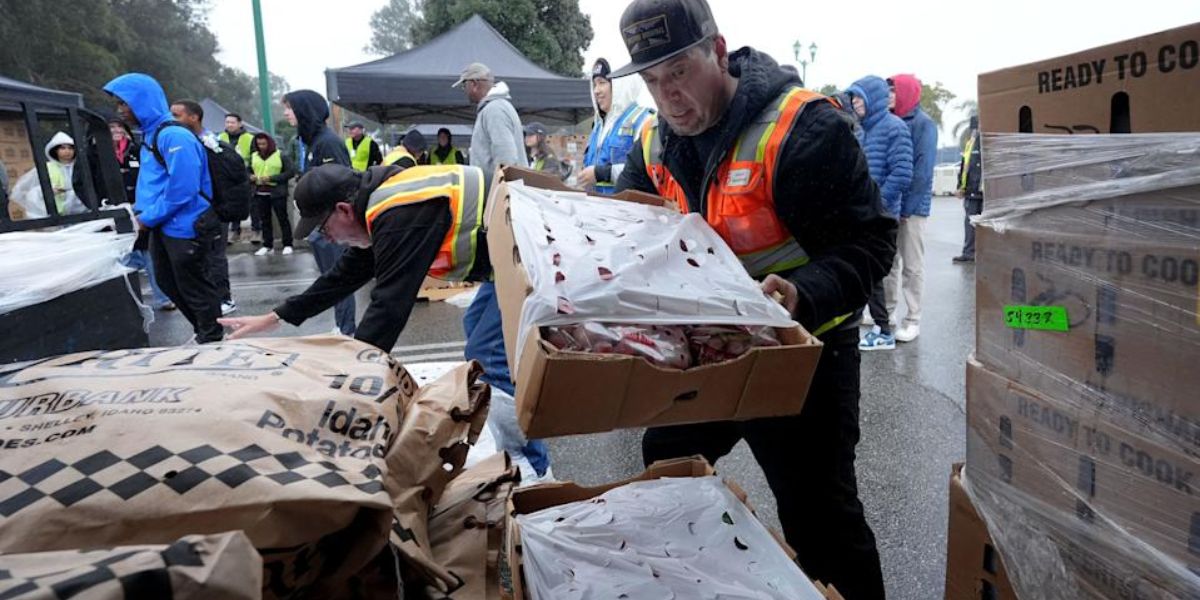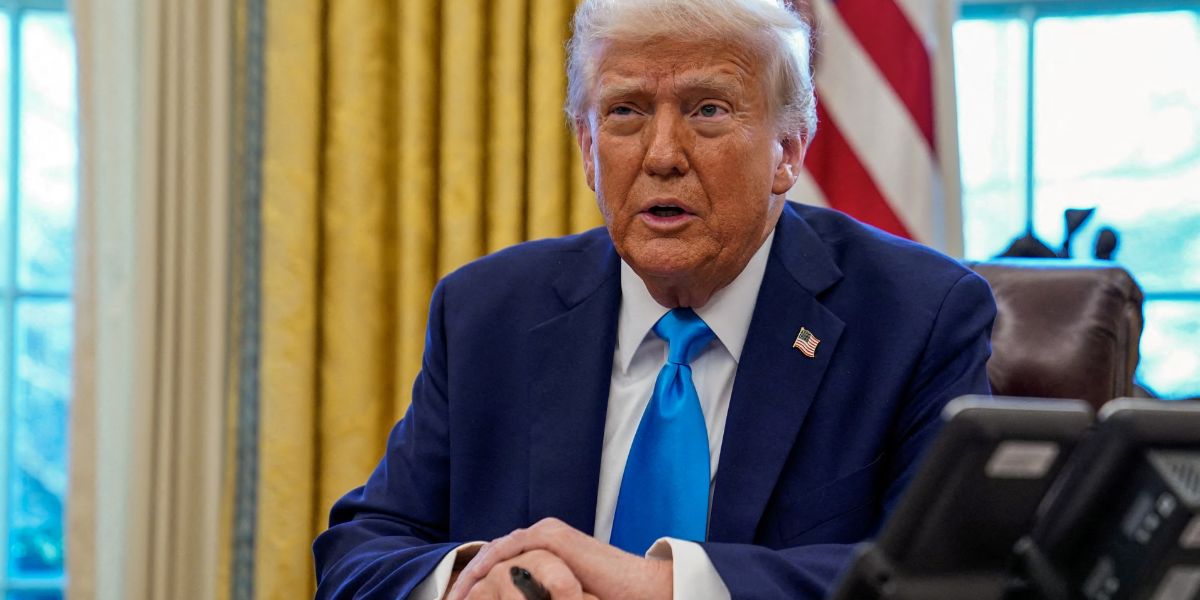In a tightly contested vote, House Republicans, supported by a small group of Democrats, approved the Safeguard American Voter Eligibility (SAVE) Act on Wednesday. This legislation aims to enhance proof-of-citizenship requirements for voting in federal elections and impose stricter regulations on voter roll purges, echoing sentiments championed by former President Trump. The bill passed with a vote of 221-198, with five Democrats crossing party lines to support it. It now heads to the Senate, where it faces probable dismissal due to strong opposition from Democrats, and President Biden has already promised to veto it.
The SAVE Act, as proponents argue, intends to reinforce existing laws prohibiting noncitizens from voting in U.S. elections. Speaker Mike Johnson (R-La.) emphasized the necessity of the bill, citing instances where noncitizen voting allegedly occurred despite its illegality. Critics, however, contend that the legislation could potentially disenfranchise eligible U.S. citizens rather than prevent illegal voting by noncitizens. They argue that the bill’s provisions might lead to voter suppression, particularly in communities of color, where Latino voters could be disproportionately affected.
The bill’s proponents, including Rep. Chip Roy (R-Texas), who introduced the legislation, argue that it is crucial for preserving election integrity amidst concerns about immigration policies and voter eligibility laws. They accuse progressive Democrats of exploiting open border policies to manipulate election outcomes, a claim based on assertions that illegal immigrants could influence electoral results.
Opponents, on the other hand, challenge these claims, citing studies that show minimal instances of noncitizen voting. Organizations such as UnidosUS caution that such legislation could exacerbate voter suppression tactics, particularly targeting Latino communities where voter participation is growing. They criticize the bill as a politically motivated move aimed at restricting voting rights rather than enhancing election security.
Also Read:
- House Republicans delay meeting with Alvin Bragg due to Trump sentencing postponement
- Illinois Lawmaker Plans New Effort for iGaming Expansion in 2025
The SAVE Act’s journey through Congress underscores the ongoing debate over voting rights and election integrity, with sharp divisions along party lines regarding the balance between preventing voter fraud and safeguarding citizens’ right to vote. As the bill progresses to the Senate, its fate remains uncertain amidst broader partisan discord over voting rights legislation.




